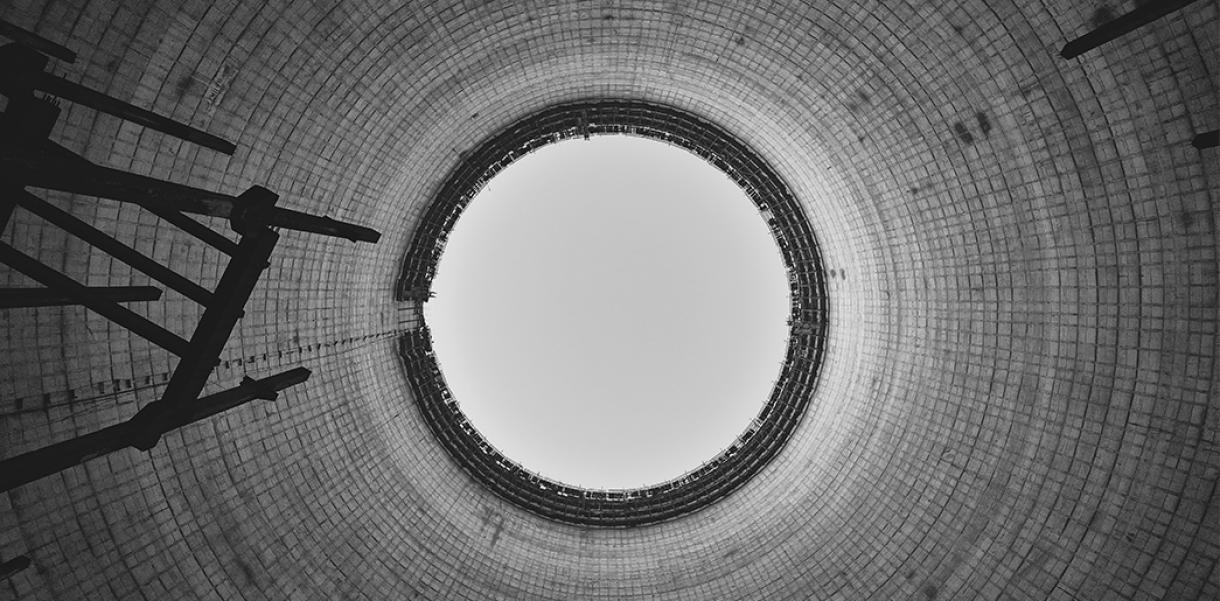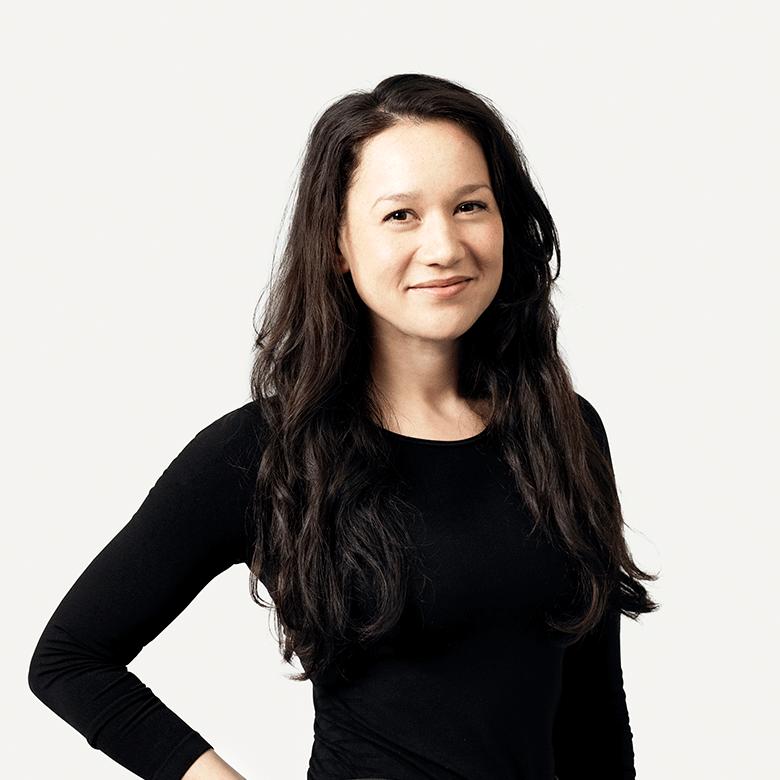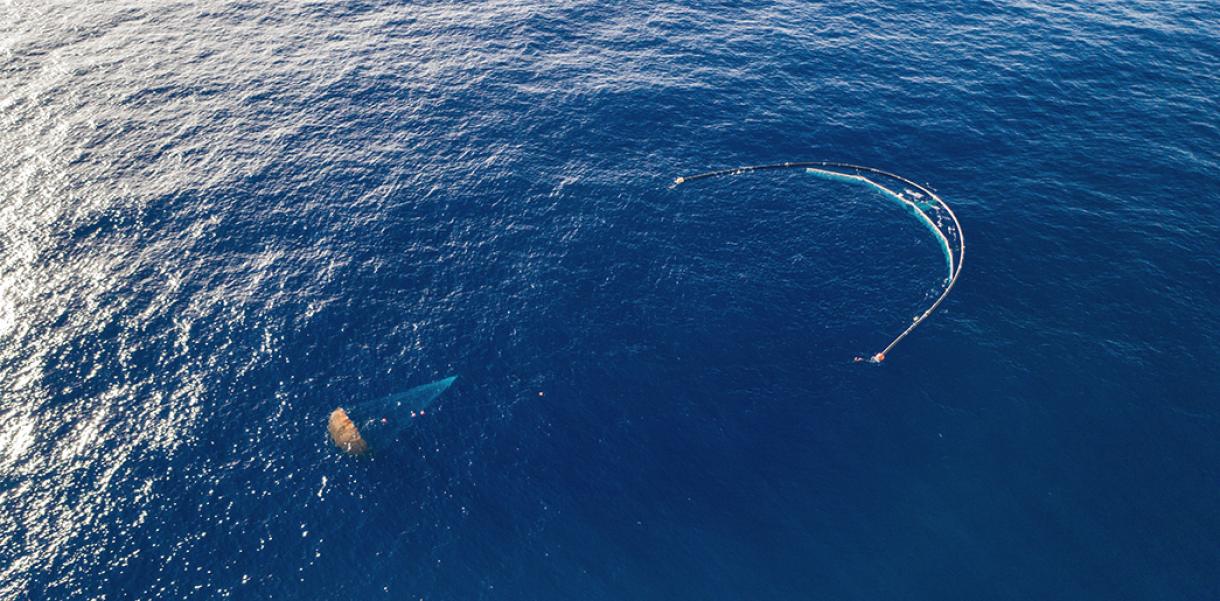Fossil fuels still supply about 80 per cent of the world's energy today. Now, experts warn that energy emissions must be halved within the decade if we're to avoid a planet warmed beyond repair.
Even with the best efforts to transition the globe entirely to clean energy, such as wind, solar and hydropower, would it be enough to stop the thermometer numbers rising?
This month, we meet Ask Løvschall-Jensen, COO and Co-Founder of Seaborg Technologies; the company redesigning nuclear power to make it completely safe and sustainable. Jensen shares his journey from growing up in the 'Friends of the Earth' collective, part of the Danish anti-nuclear movement, to becoming a nuclear energy pioneer. We hear how his team is reviving a reactor design from the 60s, combined with masses of computing power, to break the planet's reliance on fossil fuels.
"When you brew beer, you have five hours in a weekend where you have a lot of time to talk," says Jensen as he explains the Aha! moment between the five Co-Founders. "We talked about energy, climate and the crisis that we're were going into, and we were pessimistic about the technology that existed today. "We talked about what we can actually do to reach a carbon-neutral society, and that's when we started [discussing] old nuclear designs, not what we know as nuclear power today."
Seaborg's revolutionary nuclear reactor is based on molten salt technology and thorium (MSR), making it impossible to overheat and meltdown. As Jensen says: it "obeys the laws of physics" rather than relying on complex engineering. While Seaborg isn't the only one bringing the tech forward —a notable competitor includes the Bill Gates-backed TerraPower— they are leading the race. And at a full-scale roll-out, these reactors will become one of the cheapest energy plants on the market.
"When you build a power plant, you basically fly in 6,000 highly educated people to build it at the site... We want to turn that around."
"One of the big barriers for nuclear power today: when you build a power plant, you basically fly in 6000 highly educated people to build it at the site... it requires a lot of governance and quality control and all these things to just make sure that the 6000 people are coordinated," explains Jensen. "The analogue would be that you order a car and 16 engineers from Germany arrive in your garage to build it, which is insane. "We want to turn that around."
The Podcast Series
'Can design save us?' is a series exploring design as a pioneering force for good. We dive into the most pressing problems of our time and meet inspiring people using design to solve them. We explore the good, bad, complex and controversial. Listen on iTunes, Spotify, Google Podcasts and Podimo.
If you have feedback or story suggestions, please drop us a line, and don't forget to subscribe, rate and share.
-
The Index Project (Fond) (“Index”) elaborates and publishes this content for informational and advocacy purposes only. In this regard, the information is not intended to provide specific advice, marketing or recommendations for any individual or on any specific security or investment product. Material to analyze investment opportunities may only be sent upon request according to the applicable regulation, but in no case will be marketing to retail investors.
The information provided in the website of Index does not replace actual investment advice, legal counselling or investment training. In this regard, the website and other general information platforms such as social media or podcasts cannot be invoked as basis for a decision on purchase or sale of securities or investment products of any sort. Index doesn’t bear responsibility for decisions or transactions decided or undertaken on the basis of the website or general advocacy information. Moreover, the website does not constitute an invitation to invest or to make investment decisions of any kind.





